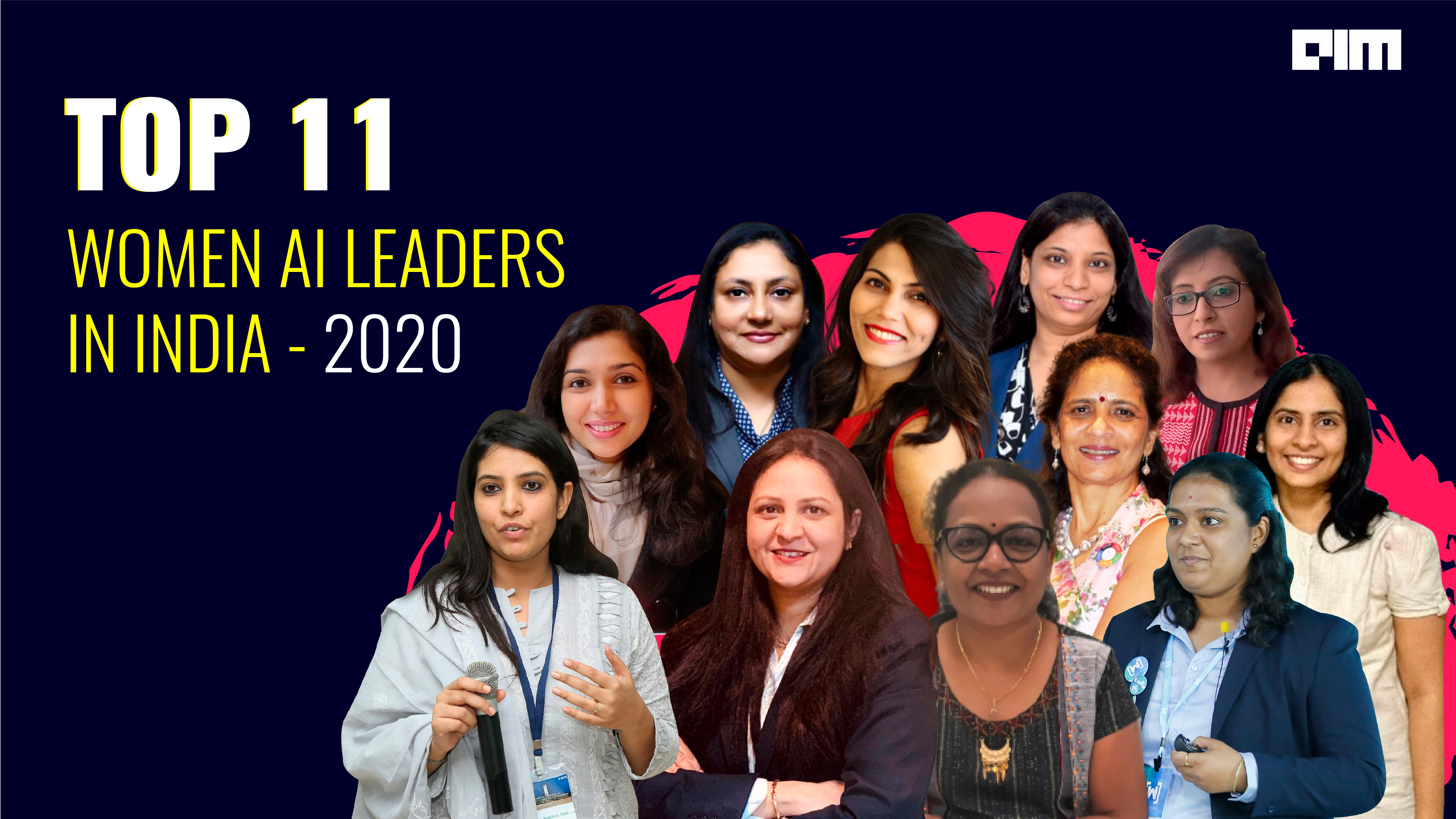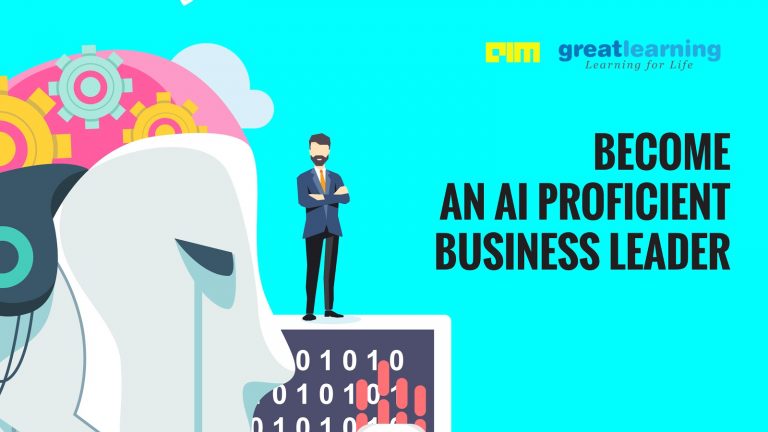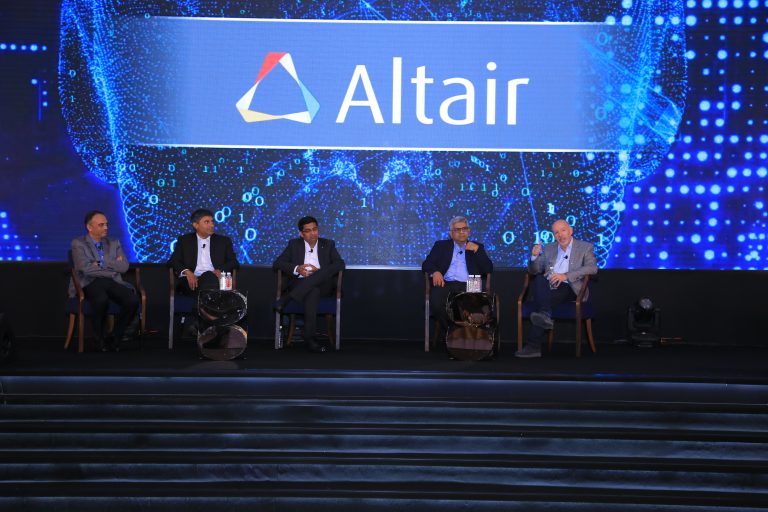With the recent passing of one of the business greats and a rock star CEO — Jack Welch, media is pouring in with tributes, however trying to summarise the life of such a great leader and his strategies in a few hundred words are nearly impossible.
Jack Welch joined General Electric in 1960 as a chemical engineer, and at the age of 37 became the youngest vice president of the company in 1972. He served 20 years as the CEO of GE from 1981 to 2001, and during his tenure, GE’s total market cap soared from $14 billion to $410 billion. Welch is also known for making efforts in abolishing the nine-layer management hierarchy and bringing a sense of informality to the company. And during the 1980s, he also devised a strategy to attract the right employees for his organisation, and that gained him a moniker — “Neutron Jack.”
Although Welch was known as one of the prominent CEOs of the last century, in reality, much of his success at GE was credited to his basic business principles and leadership strategies. In this article, we will dive into some business lessons from the ‘manager of the century.’
Asking The Right Questions
According to Jack Welch, “Good business leaders create a vision, articulate the vision, passionately own the vision, and relentlessly drive it to completion.” An important aspect of Welch’s management was built on asking the right questions. An organisation must ask questions relevant to their business to unearth the true potential of artificial intelligence. Business leaders with a pulse already understand the significance of AI and related disciplines on their business. Usually, business leaders are prepared to ride the current wave of technology but have no knowledge of how to get started and what constitutes the best organisation specific applications of AI. Organisations need to understand the fundamental areas where AI-augmented solutions can help employees in making better decisions.
Therefore, Welch believes that in order to get bigger and better solutions, leaders must probe by asking questions and stirring up a healthy debate. But, in most companies, employees are too conscious to ask questions, probably because knowingly or unknowingly, some companies don’t reward curiosity and even sometimes actively discourage it. And, that’s threatening for businesses in today’s competitive world. Welch believed that challenging your employees is an art, not a science. In fact, each individual requires a unique approach, and it’s the job of a leader to bring out the best in them without diminishing their productivity.
Riding The Wave Of Change
Jack Welch strongly believed in adapting to change. According to him, “An organisation’s ability to learn, and translate that learning into action rapidly, is the ultimate competitive advantage.” With the expanding presence of AI in our daily lives, business leaders must pursue AI with purpose and forethought. While businesses are aware of the transformative powers of AI, leaders must genuinely prepare themselves for the changes. Welch believed that leaders, along with their organisations, must be curious to learn newer technologies and introduce the same in ways that are effective and sustainable. Forward-thinking leaders must focus their efforts and resources in learning about the implications of AI for their organisations.
Welch was always known for re-evaluating his priorities every five years by asking himself — “What needs to be done now?” Such an approach was termed as organised abandonment, which involves omitting antecedent strategies by consciously assessing the business based on evolving technologies, shifting markets and an outlook for the future. In short, it is suggested that leaders shouldn’t be afraid to let go of the past and should focus on the future wasn’t planned before. At GE, the development of AI focuses heavily on connecting minds with industrial machines in order to enable intelligent and user-friendly products to power the world. Leaders at GE spearheads this charter inventing and deploying AI solutions to solve business problems.
Inspiring Followers Not Workers
According to his peers, Jack Welch was known to make profound statements to his employees for creating inspiration. Welch, during his management, was driven towards pumping up his people and bringing confidence in them. He once said in an interview, “One of the jobs leaders have as a manager is to pump everyday self-confidence into their team to make them feel great.” Leaders might not see their role as that of a cheerleader; however, it is extremely important to take up the responsibility in order to get the best out of your employees. Leaders must learn how to steer their teams and boost their confidence by advocating a culture of lifelong learning and embracing their risk-taking approach.
Today’s employees are always under immense pressure to possess the right IT skills and adapt quickly to newer technologies like AI and automation. Such a task is made even harder when employees are not given the proper environment and upskilling opportunities to support their transition in the company, which, in turn, reduces their self-confidence. Therefore, opening a discussion around technology issues is undoubtedly helpful in fostering a digital culture and building digital confidence among the employees.
Setting An Example
Jack Welch was always keen to stay in the game and was never afraid to take up responsibility as a business leader. Apart from the five-year planning process, Welch also used to set up three priorities for himself, and then focus working on those with his leadership team. This was a smart way of Welch to stay in the trenches and be always aware of his business. Usually, employees consider themselves distant from their management, which in turn dulls the sense of the business.
According to Welch, “Winning companies tend to embrace risk-taking and learning.” And, leaders must set the example by encouraging their employees to experiment and take risks without the fear of being countered. In an AI age, changing one’s course of action, which was previously perceived as a sign of weakness or lack of conviction, would now be considered as a strength when it improves decision making. Adaptable modern leaders are not hesitant to commit to a new course of action when it is demanded, and their adaptability allows them to confront challenges with a focus on learning rather than being right. Welch always considered experimentation as a significant key to growth.
Celebrating Employees
In the current environment of digital transformation, the process of employee engagement has gone beyond just keeping people happy. The relationship between employee satisfaction and the company’s bottom line has become stronger than before, where it has transformed into more fulfilling and goal-oriented. It is believed that, with employees becoming more engaged, it is likely to lead to a higher quality of work produced. Committed organisations have double the rate of success compared to less engaged organisations. Ideally, satisfied employees are living the company values every day at work, which in turn makes them recognised across the organisation for it.
Jack Welch, while noting digital companies, spoke in an interview about leaders not making a big deal out of small wins. He said, “celebrating employees would make them feel like winners and would create an atmosphere of recognition and positive energy.” In fact, he believes that the importance of employee celebration can’t be overstated. Leaders need to stand firm in celebrating their employees early and often. Celebrating small victories would lead to complacency, and according to Welch, nothing could be further from the truth.


















































































